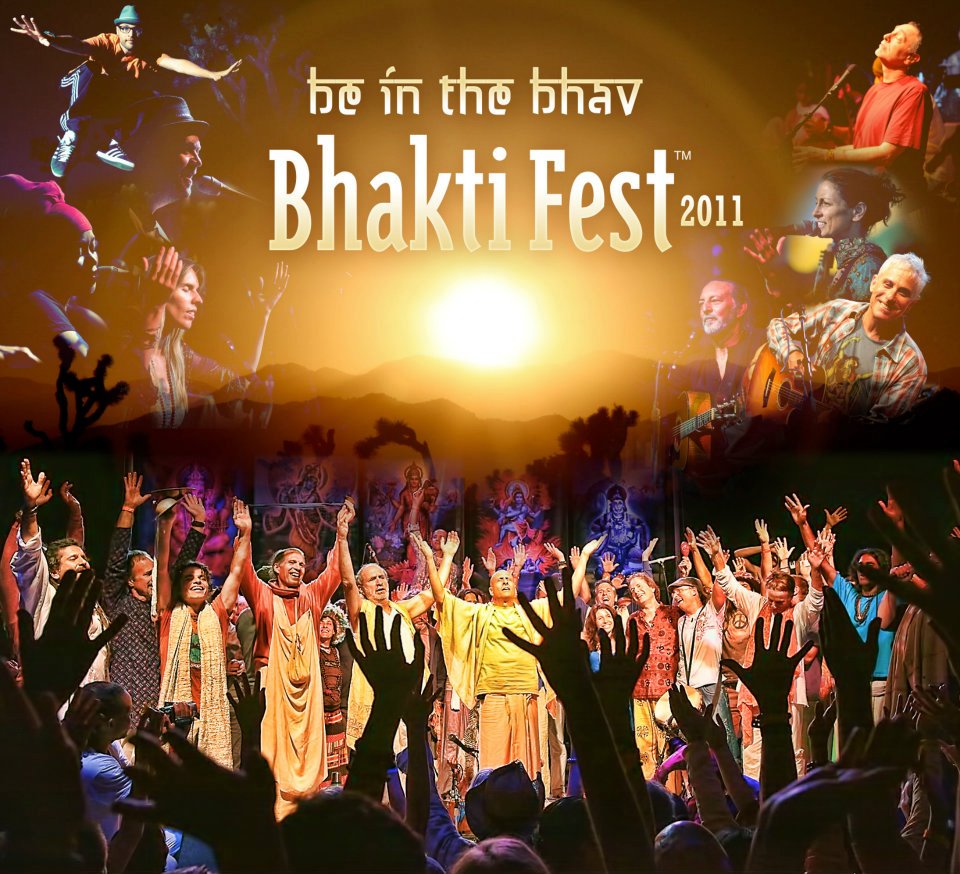Go to Meenakshi’s answer to this question
Part 4 – Dhanya’s answer to this question
Q345: What is the purpose of life?
If, as stated in Advaita, we are actually in a state of sat-chit-Ananda and we are actually this ‘Self’ already, why have these ‘illusions’ and this ‘ignorance’?
How can we believe in lila? What could be its purpose? There is no convincing answer – I am sure you will concur.
This then raises my more fundamental query. This ‘Self’ on which reams have been written – what is the proof that such a ’Self’ exists?
The root problem is that in the end, even Advaitic teachings finally rely on ‘blind faith’ to put their point across. There’s nothing wrong in having faith. All religions ask for blind belief in the almighty to get you your promised ‘Kingdom of God’. It’s only in Advaita that folks try to push their case by saying: “No, it’s not pure faith, it’s by reason and discourse that we reach the truth etc”.
To quote Gaudapada in his Mandukya Upanishad kArikA, “That which is stated in the scriptures ‘and is supported by reason’ is true and nothing else”. The ‘reason/discourse’ argument for following Advaita is pure bunkum, in my opinion. It relies on blind faith not on a deity, but in an obscure ‘Self’.
And even if reality is non-dual, why this seeming duality? Why does this mithyA of life exist? Continue reading →



